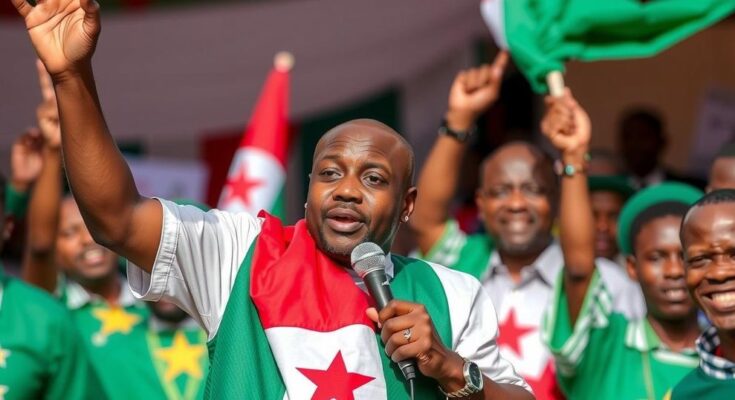Chad’s ruling party has won a majority in the parliamentary elections, which saw a boycott from major opposition parties. This election is perceived as a means for President Mahamat Idriss Déby to strengthen his control following his military rise to power in 2021. Critics have dismissed the election as illegitimate, echoing sentiments from previous contests.
In a parliamentary election in Chad held last month, the ruling party secured a majority of votes amid a boycott by the principal opposition parties. Provisional results indicate this election, alongside regional and municipal votes, is a step towards consolidating power for President Mahamat Idriss Déby, who has governed since a military takeover in 2021 following the death of his father and long-time leader, Idriss Déby Itno. Critics have labeled the election a mere façade, highlighting concerns over its credibility, especially given the contentious nature of the previous presidential vote.
Chad has experienced significant political upheaval, particularly following the military transition to power led by Mahamat Idriss Déby after his father’s death in 2021. The current elections were meant to signify a progression toward democracy in Chad, reflecting attempts to decentralize political authority from a central government to regional and municipal entities. However, heightened security issues and strained international relations, particularly with France, have complicated the nation’s political landscape, creating an atmosphere of skepticism surrounding the election’s legitimacy.
The results of the parliamentary elections in Chad suggest an increased consolidation of power for the ruling party, which occurs amidst substantial opposition boycotting and concerns regarding electoral credibility. As the country navigates multiple security challenges and aims for a decentralized governance structure, the implications of these elections will significantly influence Chadian politics in the coming years.
Original Source: www.washingtonpost.com




